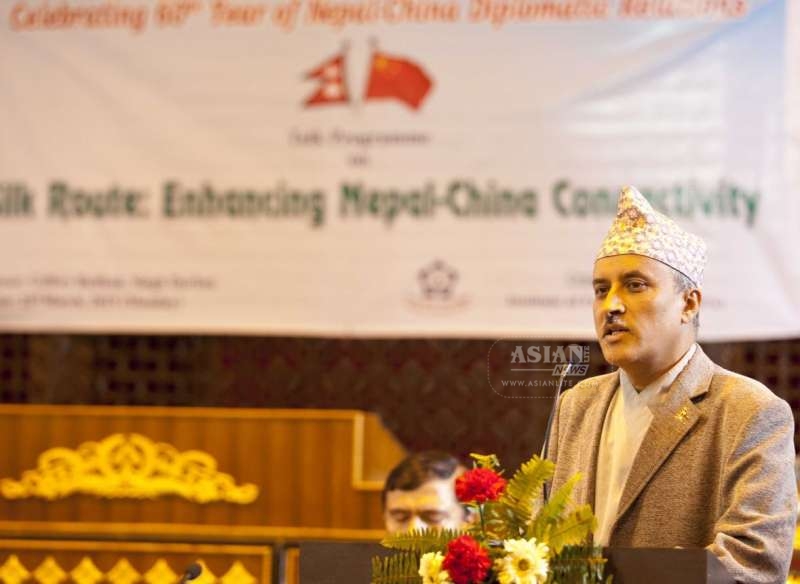India is trying to trip China’s 21st Century Maritime Silk Road as well as the Bangladesh-China-India-Myanmar and the China-Pakistan economic corridors but it will fail, a Chinese scholar said in comments published on Friday.

Prime Minister Narendra Modi’s visit to the three Indian Ocean countries of Seychelles, the Maldives and Sri Lanka showed that India “is determined to adopt an asymmetrical strategy”, Liu Zongyi wrote in the Global Times.
This strategy, he said, was aimed at securing “a dominant position in the Indian Ocean through bolstering military and security cooperation with these island nations”.
The author is an assistant research fellow of the Shanghai Institute for International Studies and a visiting fellow of the Chongyang Institute for Financial Studies in the Renmin University of China.
According to him, since China envisioned in 2013 the initiative of the Silk Road economic belt and the 21st Century Maritime Silk Road, known as “One Belt and One Road”, India had been following it closely.
“With a strong sense of its sphere of influence, New Delhi rejects the 21st Century Maritime Silk Road as well as the Bangladesh-China-India-Myanmar economic corridor and the China-Pakistan economic corridor.”
Liu said that some Indian strategists and those from the India military believed that Beijing had geopolitical goals for its “One Belt and One Road” project and do not want Indian Ocean countries to take part in it.
India first underlined that it has had interconnecting and interworking projects with its neighbors, especially Myanmar and Bangladesh, Liu wrote. “Then it proposed some countermeasures.”
“The Indian government led by Modi presented the Mausam project before Chinese President Xi Jinping’s visit to India last September but the project lacked substantial content in economic cooperation.
“Now New Delhi is working on the idea of Cotton Route with the hope of deepening trade, economic and cultural ties with Indian Ocean nations,” he said.
“New Delhi primarily attempted to counter China’s 21st Century Maritime Silk Road with these plans.
“But India is fully aware that a lack of funds will prevent it from successfully engaging in deepening economic cooperation with its neighbours and its plans will in no way substitute for Beijing’s Maritime Silk Road.
“Therefore, it’s more likely to use them as bargaining chips.”
The scholar pointed out that India wasn’t included in the US-led Trans-Pacific Strategic Economic Partnership and the Transatlantic Trade and Investment Partnership, “leaving the ambitious nation feeling marginalized on the world economic stage.
“Consequently, joining ‘One Belt and One Road’ constitutes a helpful alternative.”
“There are signs that India expects to acquire a special position in the
‘One Belt and One Road’ project… Nevertheless, if it intends to gain an advantage through blackmailing, it will never receive moral support from the region.”